EU adopts framework for sanctions against crisis-hit Lebanon
The European Union has adopted a legal framework for targeted restrictive measures against Lebanon, which has already been grappling with an economic crisis and a political turmoil amid Western interference in the country’s domestic affairs.
In a statement released on Friday, the European Council, the EU's agenda-setting body, said the framework provides for the possibility of imposing sanctions against individuals and entities that it deems responsible for “undermining democracy or the rule of law in Lebanon.”
The sanctions consist of a travel ban to the EU as well as an asset freeze for persons and entities, the statement read, adding that EU persons and entities are forbidden from making funds available to those listed.
The sanctions regime sets out three criteria under which people may be targeted by the 27-nation bloc, including the obstruction of the democratic political process in Lebanon, the undermining of reforms in governance and the financial sector, and serious financial misconduct concerning public funds.
“Despite repeated calls on Lebanese political forces and stakeholders to act in the national interest and to no longer delay the formation of a fully empowered government capable of meeting the country’s urgent needs and implementing critical reforms, there is no progress. Meanwhile, the economic, social and humanitarian situation in Lebanon continues to deteriorate and the people continue to suffer,” the statement read.
“It is, however, of the utmost importance that the Lebanese leadership put aside their differences and work together to form a government and enact the measures required to steer the country towards a sustainable recovery.”
The EU diplomats have said targets are not likely to be decided before the end of the summer.
Earlier this month, the EU had said that the bans would not be immediately implemented.
US Secretary of State Antony Blinken and Treasury Secretary Janet Yellen welcomed the EU's move, saying Washington "looks forward to future cooperation with the EU in our shared efforts."
Additionally, the foreign ministry spokesperson of France — the former colonizer of Lebanon — said Paris “is ready, with its European and international partners, to increase the pressure on Lebanese politicians to achieve it."
The EU’s measure came a few days after Lebanese billionaire businessman Najib Mikati was appointed as Lebanon's new prime minister-designate tasked with forming a government and ending a year of political deadlock.
Lebanon has been mired since late 2019 in a deep financial crisis that caused the Lebanese pound losing around 90 percent of its value to the dollar.
Lebanese people have held protests demanding the departure of the ruling elite and an end to chronic economic mismanagement and corruption.
In addition to political and financial woes gripping Lebanon, hundreds of individuals and entities have been sanctioned by the US, with the list focusing mainly on those with ties to the Hezbollah resistance movement.
The US and its European allies have long been seeking to mount pressure on the Lebanese authorities through sanctions in a bid to force the formation of a Western-friendly administration.
French President Emmanuel Macron made uninvited visits to Lebanon and threatened the country’s leaders with bans if they did not submit to “political change.”
US, Saudi focused on countering Hezbollah, not govt. formation in Lebanon
Lebanon’s al-Akhbar newspaper reported on Saturday that it does not matter to the United States and Saudi Arabia whether a government is established in Lebanon.
The pair, it added, have only one objective that is to confront Hezbollah.
The United States has handed over to France the case of the Lebanese government formation and is currently examining the 2022 general elections, according to the report.
'Blatant war crime': Iran denounces US-Israel strikes on Gandhi hospital in Tehran
IRGC spox: 650 casualties for US military in two days as Iran missiles force aircraft carrier to fle
Tehran warns of false-flag operations, says Israel ‘undoubtedly’ seeking to widen war
New wave of attacks devastates key US base in Bahrain as Iran strikes back
Melania Trump chairs UN children's meeting as Iran buries kids killed in US-Israeli attack
Why Iran’s Leader refused special protection, leading from the front until last breath
Hezbollah strikes Israeli surveillance, military base in Golan Heights, occupied lands
Iran holds funeral for scores of schoolgirls murdered in US-Israeli aggression










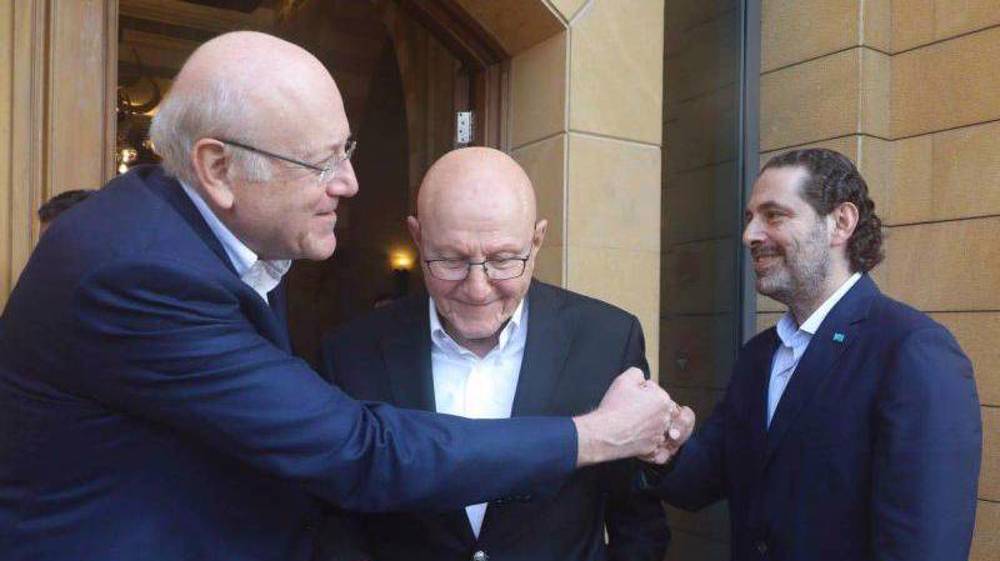
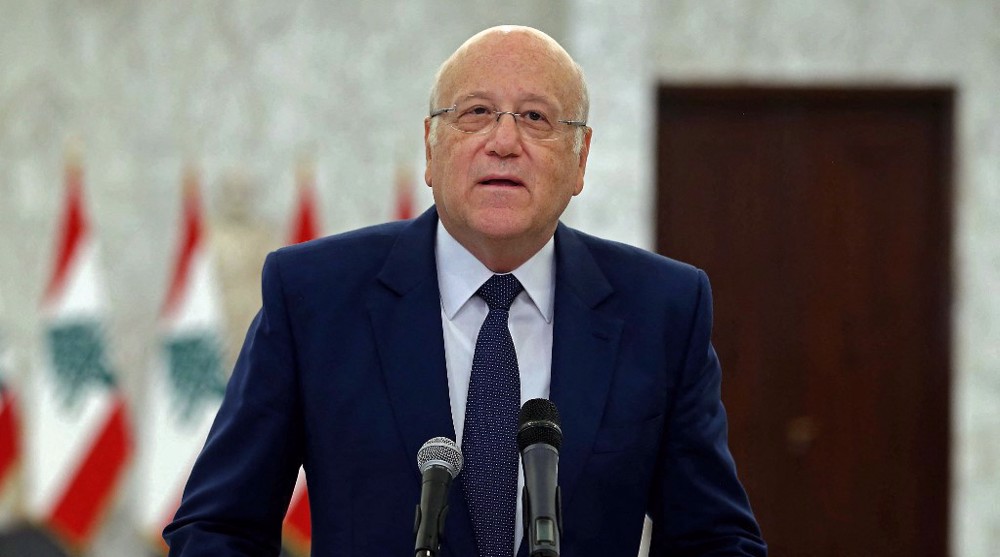
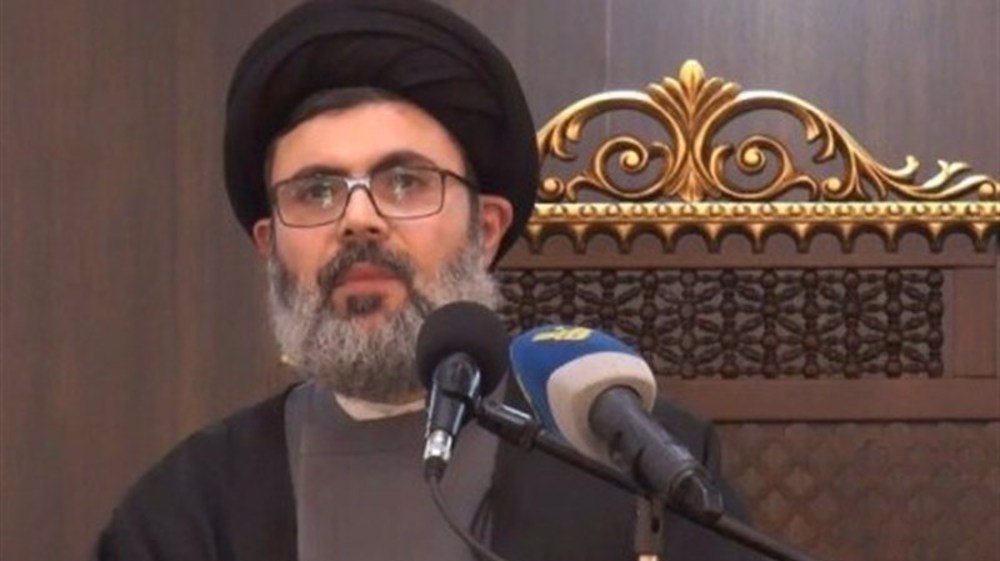
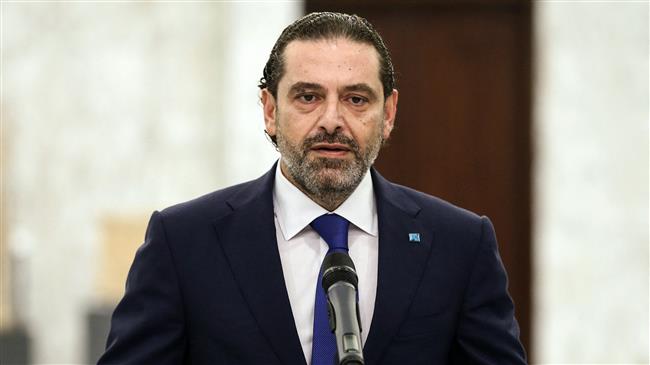
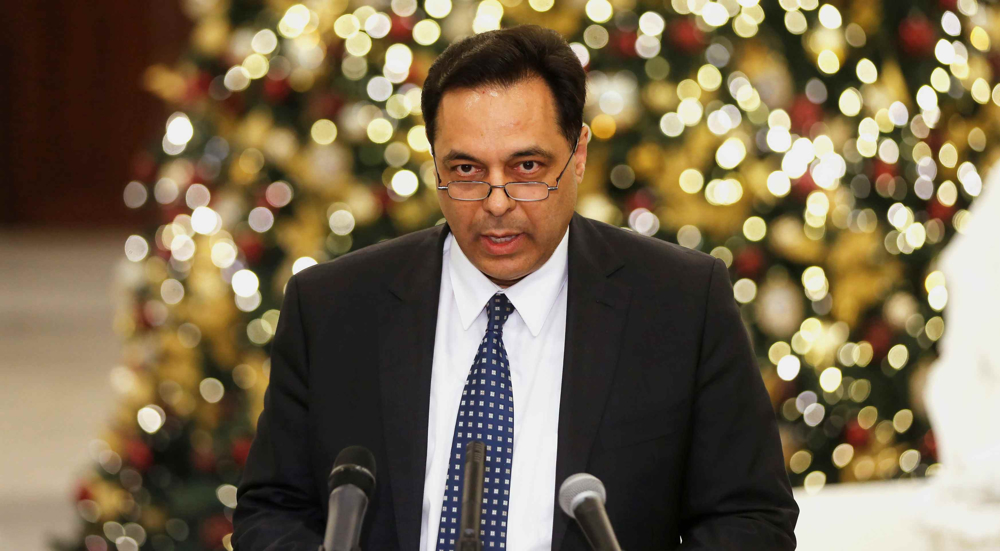
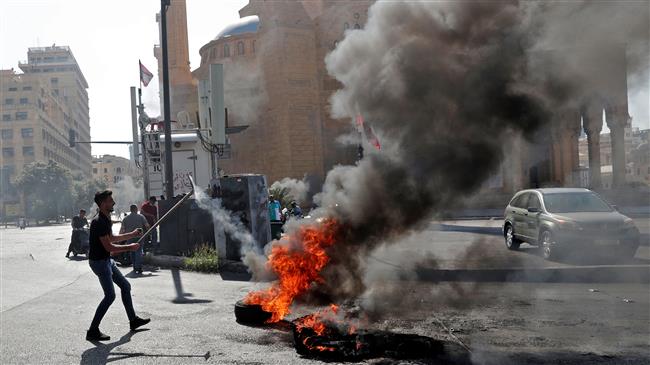

 This makes it easy to access the Press TV website
This makes it easy to access the Press TV website